This was a much harder list to put together than last year. Maybe because last year, with a two-year-old, I didn’t see all that much, so the selection process was easier. This year,. with a three-year-old, I’ve seen a bit more, though still far less than I used to. But also it felt like there was much less clear patterning and grouping than before. It’s not been an exceptional year for new plays, I’d say, but British directing seems to be better than ever. I’ve seen more great theatre designs on British stages in the last five years than in the previous twenty. I’m aware that I’ve also taken fewer risks, seen a smaller proportion of stuff in the alternative sector and I want to change that next year. I saw plenty of good stuff that, for various reasons, didn’t make this list. I loved A Very Expensive Poison and Lungs at the Old Vic; I was cheered by the return of Ed Thomas at the Royal Court; I was delighted and moved by Small Island in the Olivier, laughed immoderately at Tartuffe in the Lyttelton, and was drawn in by Anna in the Dorfman. I was utterly beguiled by The Boyfriend at the Menier Chocolate Factory, but very disappointed by Waitress in the West End, which seemed thin and conservative, while pretending to be rich and radical. There were a few things that somehow didn’t work for me by people I hugely admire: I found When We Have Sufficiently Tortured Each Other a frustratingly cold and abstract piece - I liked the text and I liked the production, but together I struggled to find a way in. I really loved Alice Birch’s [Blank] on the page, but I struggled with it at the Donmar; for me, the decision to make the long middle-class scene a kind of centrepiece unbalanced things and made the piece seem much more of a direct comment piece than I think it is. There were many things I wish I’d seen, principal among them Selina Thompson’s Salt. I could easily have put Forced Entertainment’s Out of Order in the top ten and in fact, oh god, maybe I should. Hell, another time. But here are ten things I loved this year.
10. 24 Hours of Peace (Royal Exchange)
This is an oddity, perhaps, because I didn’t see this in the theatre. It was a 24-hour live broadcast (on Resonance.fm) of a show from the Royal Exchange. The show was a tapestry of voices about war and peace, stitched together by the great Neil Bartlett from interviews with dozens of people with ordinary and extraordinary experiences of war and peace and performed by a dazzling cast. I didn’t hear it all, of course (I slept for some of the time) but I probably heard about half of it and every time I dipped in, there would be some new thread, new weave, the pattern emerging more strongly, the material getting stronger and heavier. The live radio format allowed us to place ourselves in the space and time of the theatre, so it’s absolutely on this list.
9. Europe (Donmar)
As always, it seems, David Greig has had a blisteringly busy year, with his brilliant versions of Local Hero, Touching the Void and Solaris. It might seem perverse to pick probably the show he had least to do with, the revival at the Donmar of his 1994 play, Europe, but it was a stunning rediscovery. In 1994, the play seemed like a fearful warning about them over there; now, just as we cut our ties with one part of the European project, Europe seemed absolutely about us. Michael Longhurst’s debut production as AD of the Donmar was a thrill, a faultless cast, and an open briskly confident production with a spectacular ending just as the play turns brutally on its audience and gives us a glimpse of how fascism can come here.
8. While the Sun Shines (Orange Tree)
This has been a year of tremendous revivals (maybe more than a play of tremendous new plays?) You may know that I’m a fan of Rattigan’s work, but I’d never seen this play and, while I’d enjoyed reading it, had always wondered whether it could escape the wartime that was its setting, subject and original time of production. It did better than that; the play emerged, in Paul Miller’s perfect production, as somehow completely contemporary, breathtakingly funny, and sexually subversive. A farce about love, desire, class, sexuality, authority, men and women, women and men, and, at one point, men and men and men.
7. Three Sisters (National Theatre: Olivier)
So this is the most recent show to make my MUCH-ANTICIPATED top ten (yes it is, shut up). I saw it two days ago and it really blew me away. The transposition from Russia in the 1890s to Biafra during the late-sixties civil war is completely successful. While Chekhov’s play exists between wars and during a period of – we say with hindsight – revolutionary change, this production makes all of those changes urgent and striking. The fire in the town that evokes the stirrings of altruism and the ultimate selfishness of Chekhov’s sisters becomes, in Inua Ellams hands, the bombing of a market and the horror is sharply renewed. The presence of the army is an image of listless boredom for Chekhov but is transformed by Ellams into a self-destructive image of thwarted self-realization. But though the transposition is very strong, it is also very much Chekhov’s play. I can’t know for sure that the audience I saw it with was new to the theatre but they certainly seemed new to the play, because it was thrilling to hear an audience gasp at the turns in the story – while it’s true that Chekhov’s genius is partly about making inaction, passivity and boredom theatrical, that audience reminded me how vivid and strong the story is, the shifts in relationships, the casual cruelties, the dashed hopes never being a rich as in this version. Most Chekhovian was the ensemble cast of around twenty – have I ever seen that big an all-black cast at the National before? – and there wasn’t a weak link. The three sisters themselves (Natalie Simpson, Sarah Niles, Racheal Ofori) are all breathtaking, and challenged by Ronke Adekoluejo’s fiercely waspish Abosede (Chekhov’s Natasha). Nadia Fall’s production is tight, engaging, very funny and often desperately sad. The moment where Sule Rimi’s Onyinyechukwu accepted his wife’s misery at the departure of her lover, Ikemba (played with melancholy seductiveness by Ken Nwosu) is one of the most heartbreaking in Chekhov’s work and this moment was as fine as I’ve seen it done.
6. Equus (English Touring Theatre: Theatre Royal Stratford East)
Still with the revivals. I have never much liked Equus; I’ve always thought it a rather pompous, monolithic play about rather abstract things like the death of divinity in western civilization. But in Ned Bennett’s revelatory version – the text usefully winnowed, the stage stripped almost bare, the horses evoked by Shelley Maxwell’s extraordinarily powerful, sexy choreography – I saw the play with new eyes. Now it seemed so clearly a radically queer play in which the search for the divine is a search for sexual transcendence of heteronormative capitalism. The bare stage made everything appear and transform in front of us suggesting a radical plasticity to contemporary life, that we really can change what we see.
5. Glass. Kill. Bluebeard. Imp (Royal Court)
I suspected this show would be in my top ten when it was announced, months before I saw it. It is further proof that Caryl Churchill has not stopped moving. This quadtych was linked by a dialogue between the contemporary and the mythic (and as such seemed to connect with Equus this year). The endlessly cycled classical brutalities of Kill were expressed with twenty-first-century weariness, while the girl made of Glass seemed both an object of fear and hope in which (through which?) we could see our own era’s concerns. Bluebeard’s Friends, with its rationalisations and anguishes about loyalty and responsibility, seemed to me an oblique reflection on the exposure of Churchill’s great collaborator Max Stafford-Clark and his sexual predations. Imp meanwhile was a superb theatrical puzzle that dared us to believe just as the characters do (and don’t) in the presence of magic, just as the pure performances of the jugglers and acrobats between the shows made us wonder what it means for people to really do things on stage right there before our very eyes.
4. Total Immediate Collective Imminent Terrestrial Salvation (Attenborough Centre)
And if Churchill was asking us to reflect on theatre, Tim Crouch’s Total Immediate Collective Imminent Terrestrial Salvation was an immersion in those questions. We took our seats in a circle of chairs on each of which, as at some prayer meeting, was a cloth-bound book that contained all the words that would be spoken at our meeting. And the story told was transsubstantiated between page and performance (like, well, quite a lot of theatre), with things we read but didn’t see, things we saw but didn’t imagine, things we imagined but didn’t see or read. It told the story of a family who started a millenarian cult following the death of a child (Tim Crouch’s plays are haunted by the sufferings of children) and the attempt of one member to save the family from some awful fate. It was also a reflection on acting (we spoke quite a bit of the dialogue) and on authorship (rather brilliantly, Crouch’s appearance is very delayed, such that when he appeared, even though I know Tim quite well, his presence sent a chill through me). I kind of knew the idea beforehand and the playfulness with theatre, representation, word and image was as brilliant and searching and thoughtful as I’d guessed; what I was not prepared for was the desperate sadness of the whole thing. It was ultimately a show not about theatre but about terrible unassuageable grief.
3. Seven Methods of Killing Kylie Jenner (Royal Court Upstairs)
Jasmine Lee-Jones’s play seemed to me completely transformative; it’s the first play I’ve ever seen that really found a theatrical form to make social media work on stage. Building perhaps on (IMHO) brave failures like Teh Internet Is Serious Business it manages to capture the lightness and deep darkness of Twitter and particularly the amoral cruelty of Twitterstorms, while at the same time asking really important questions about race, beauty, shadeism, celebrity, ‘influencers’, wealth and fame as the characters debate the rights and wrongs of black-chic-appropriating Kardashian-peripheral multi-millionaire Kylie Jenner. Danielle Vitalis was mesmeric as the would-be Jennercidal Cleo. Milli Bhatia’s production, all levels and bombardment, until it’s actually just ab out friendship and understanding. I felt the influence of this show in the end-of-the-year Midnight Movie, which feels, somehow, of a piece with this as part of a generational shift in how we make meaning in theatre.
2. Rosmersholm (Duke of York’s)
This has been the year of Ibsen, preposterously so. We’ve had two Enemies of the People, three rewrites of/responses to A Doll’s House (by Stef Smith, Sam Adamson, and Tanika Gupta), Pe(t)er Gyntat the National, a Hedda Gabler sequel at Chichester, Ghosts offered faithfully at the Royal and Derngate and entirely reimagined at the Kiln. And all this Ibsenalia shows few signs of abating, Stef Smith’s Nora is coming to the Young Vic and The National Theatre of Scotland in touring Kieran Hurley’s reworked Enemy of the People in the spring. I could have chosen more but I’ve decided to let the Duncan Macmillan/Ian Rickson Rosmersholm stand for the Ibsen year. I’ve seen the play twice before but never really quite ‘got’ it on stage; it’s always seemed both too ethereal and not ethereal enough. This version found the play for me with a faultless cast and Rickson’s unfashionable (but superb) unshowy uncompromising realism. Macmillan’s script makes a few strong decisions to sharpen the play’s connection to us now but nothing that anyone but the most hardline Ibsenite would object to. Like the audience at Three Sisters, I found myself, in the scene before the interval, gasping aloud at the brutality of the play, its shifts and turns. And somehow they made that impossible ending work. Why Ibsen now? I don’t know. Perhaps there is something about his stern scrutiny of personal hypocrisy and public posture that talks to us now; he empathises but he also judges’ there is a stern moralism that goes together with a recognition that we all fail. In any case, who knew, but Henrik Ibsen provided one of the great nights in the theatre this year.
1. The Antipodes (National Theatre: Dorfman)
These top ten lists are, as we all know, completely ridiculous and it is 100% true that another day, or maybe even in an hour or two, I’d bump things off this list and put other things on. But I knew as I was watching Annie Baker’s The Antipodes that nothing would beat it this year. Let me be clear: there’s plenty I don’t understand about it, but I found it magnetic; the play could easily be seen as self-regarding about playwriting (it’s set in a writer’s room and is all about what makes a story), but it actually felt like a play about humanity, about the environmental catastrophe, about secrets and groups. It disregards the conventional rules about how you should tell a story, yet I found it compulsive and didn’t want it to end; it’s visually a pretty unexceptional experience (despite co-director Chloe Lamford’s clever, angular design), yet it explores its space exhaustively. It felt like attending a transformative ritual; there’s something primal and strange about the play as it inducts you into its mysteries. It has some affinities - on the most thematically general level - with Churchill’s play this year but really it’s like nothing else I’ve seen. It felt like it was teaching us all about how to write plays again. It’s stunning.
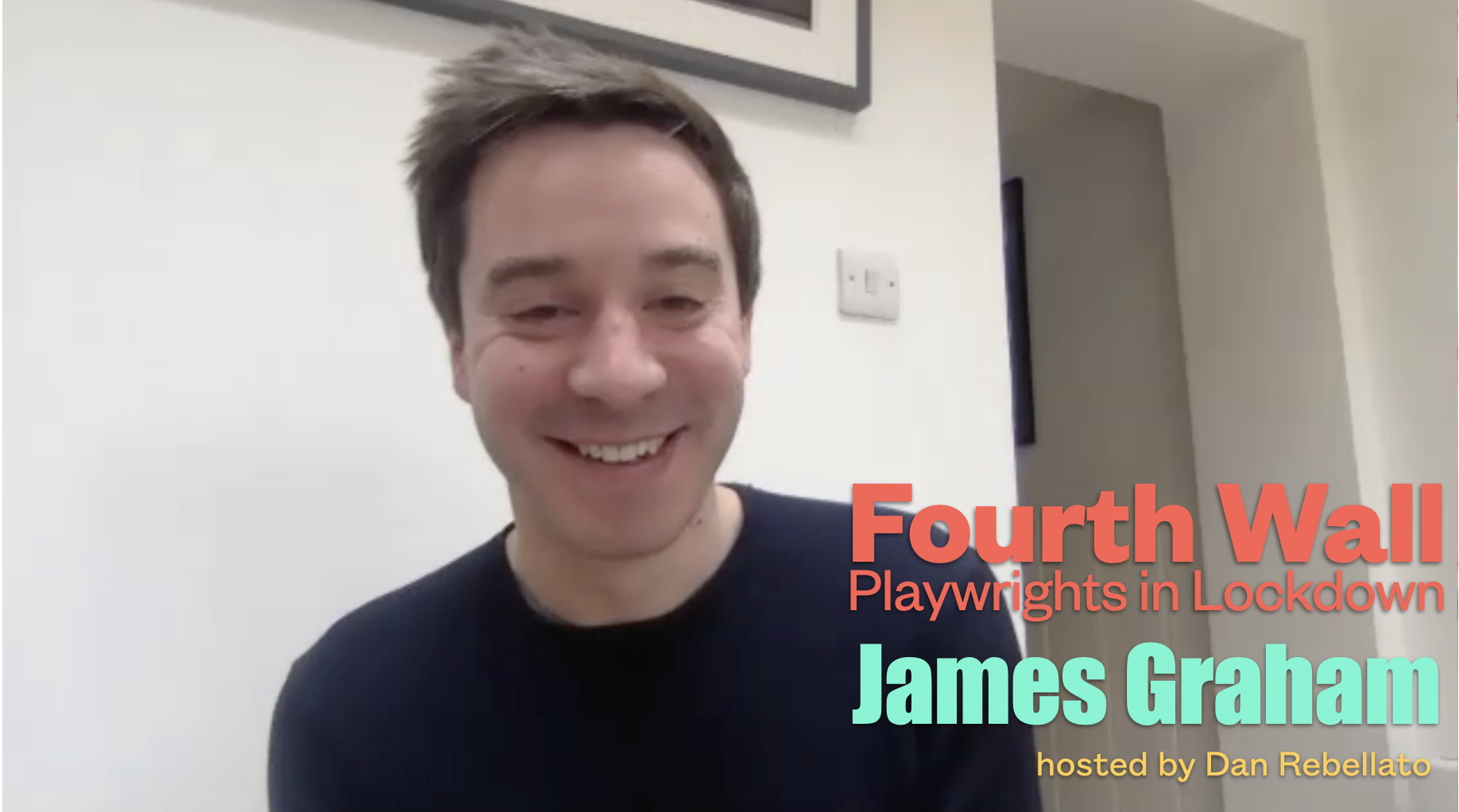
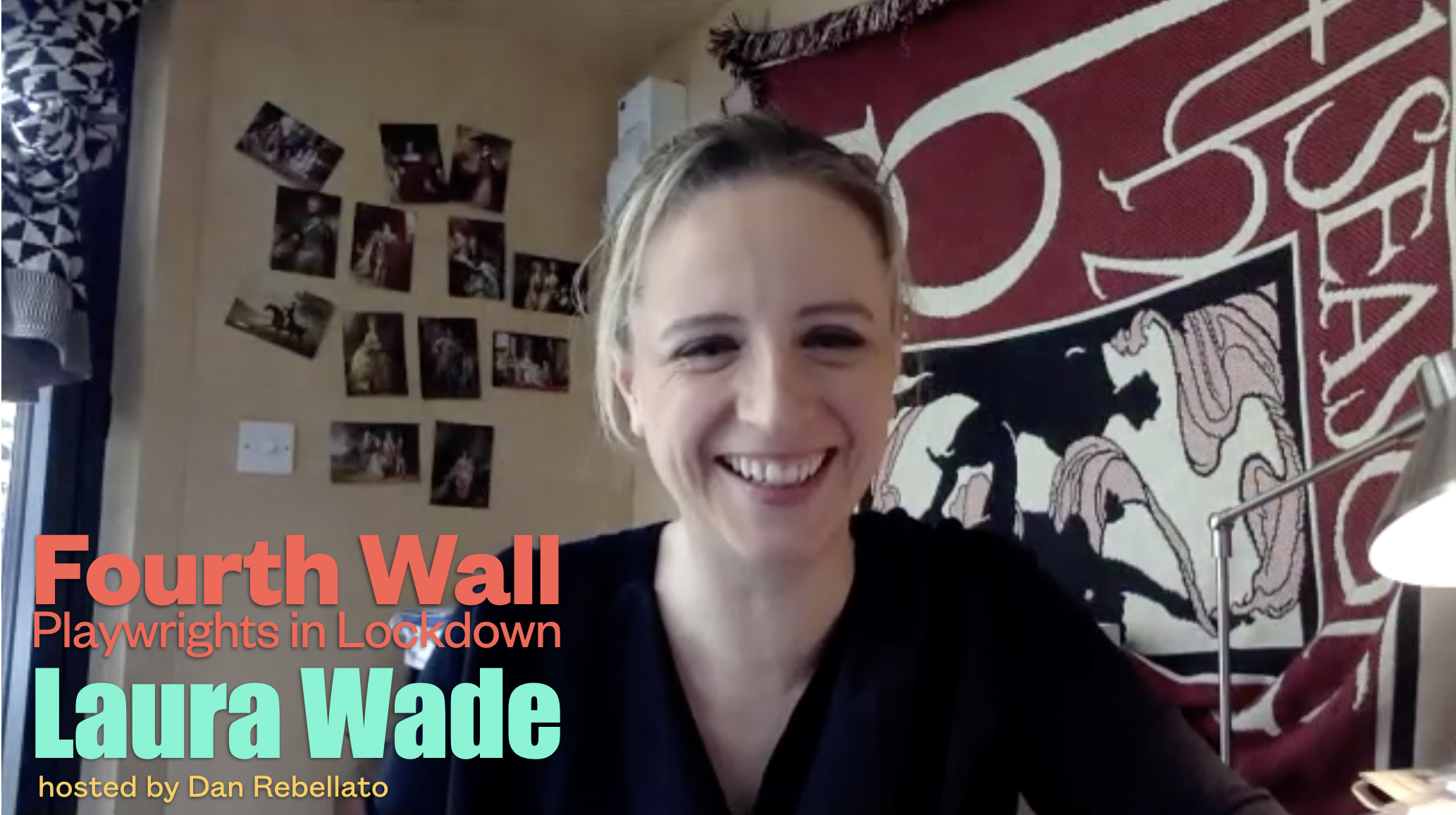
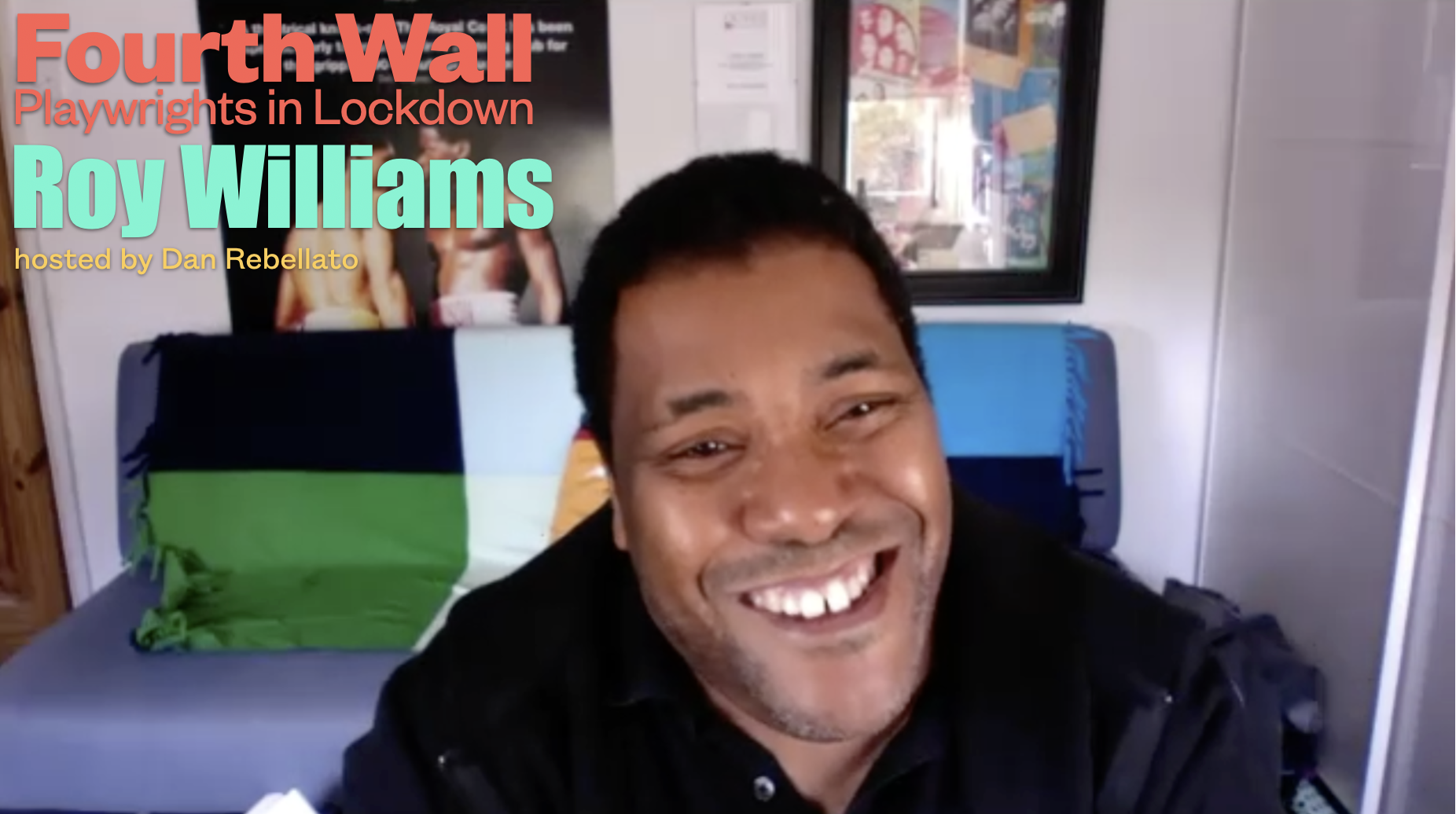
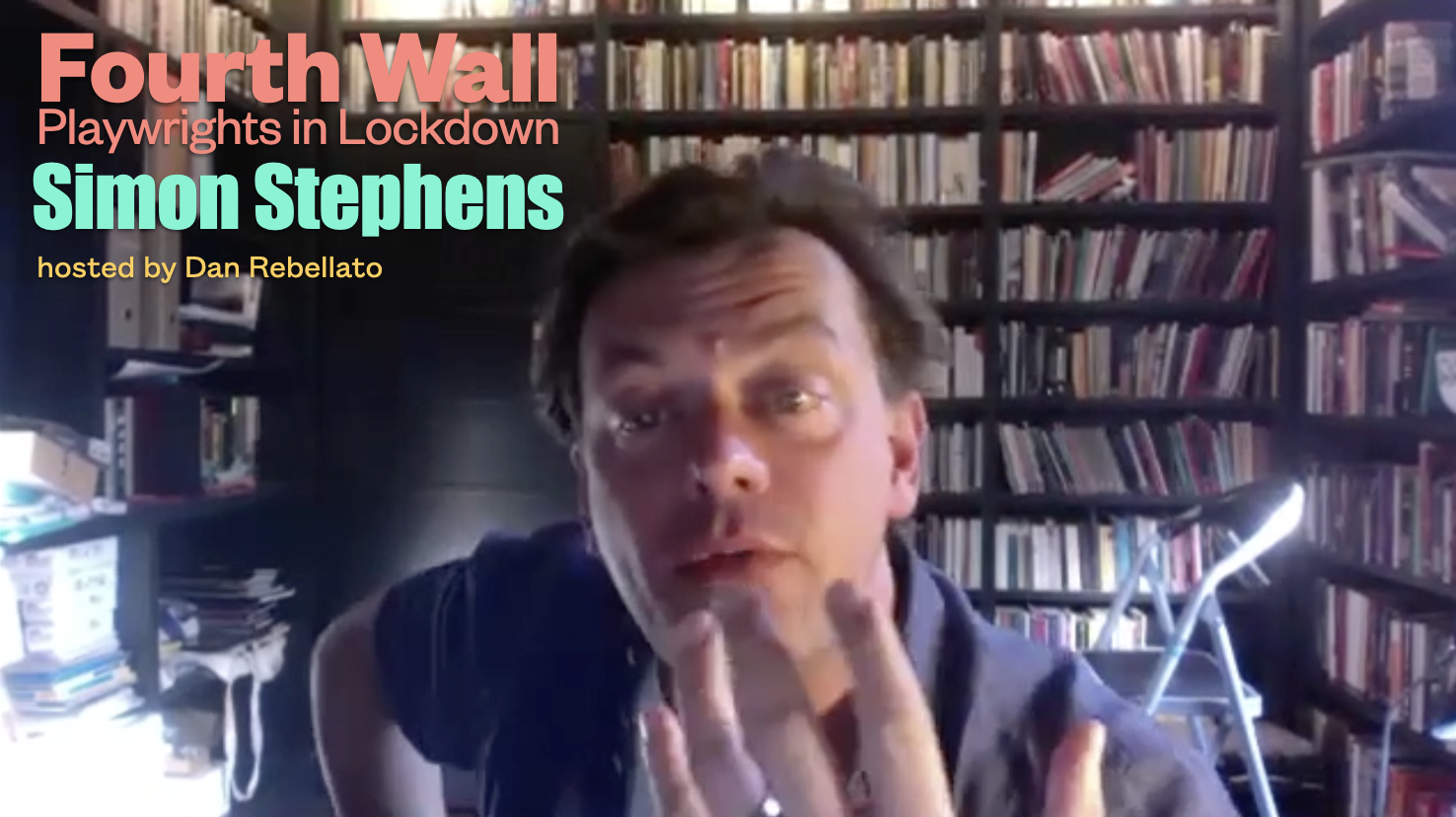
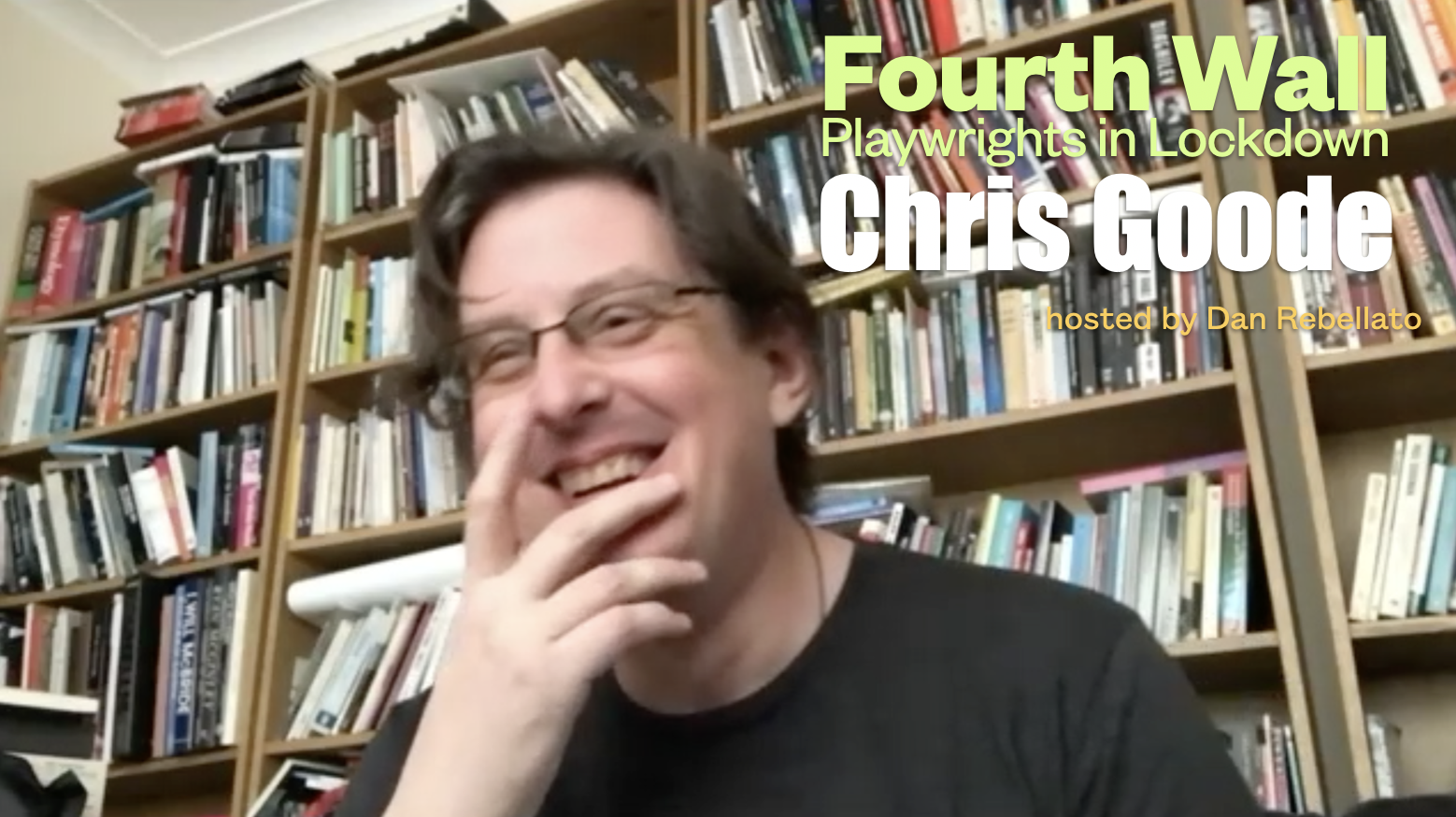
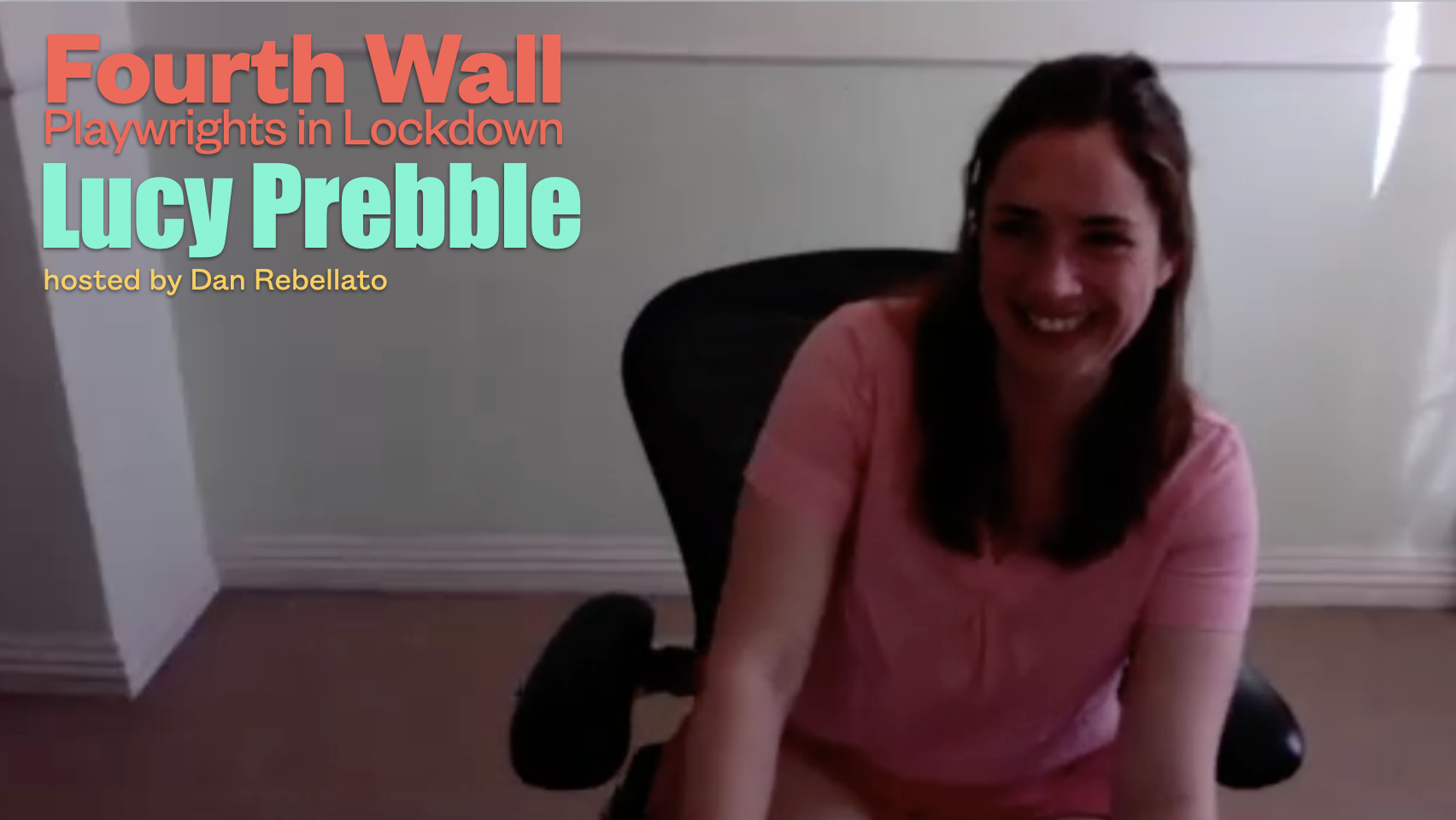

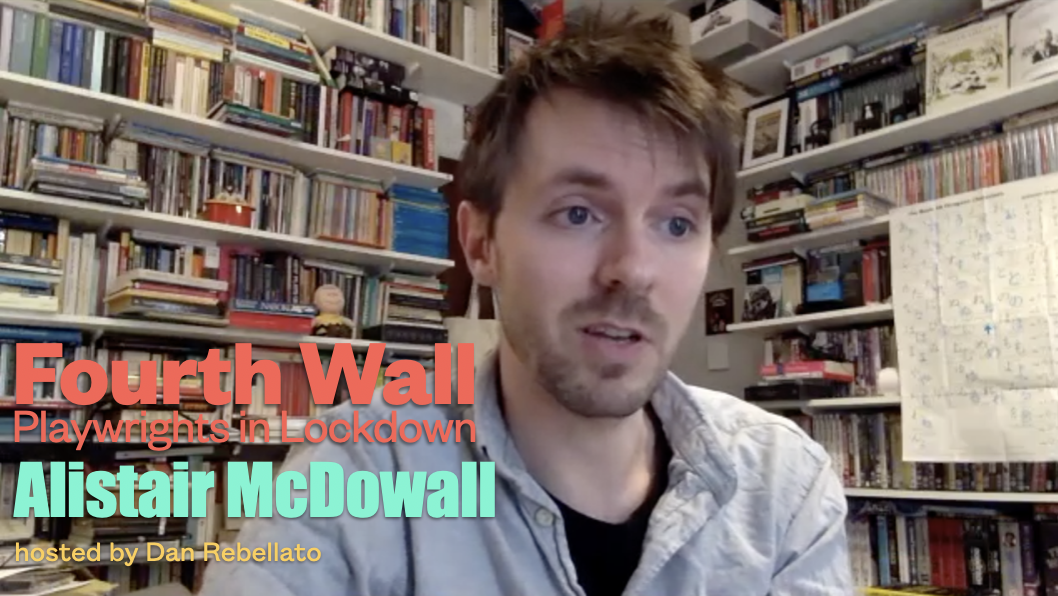
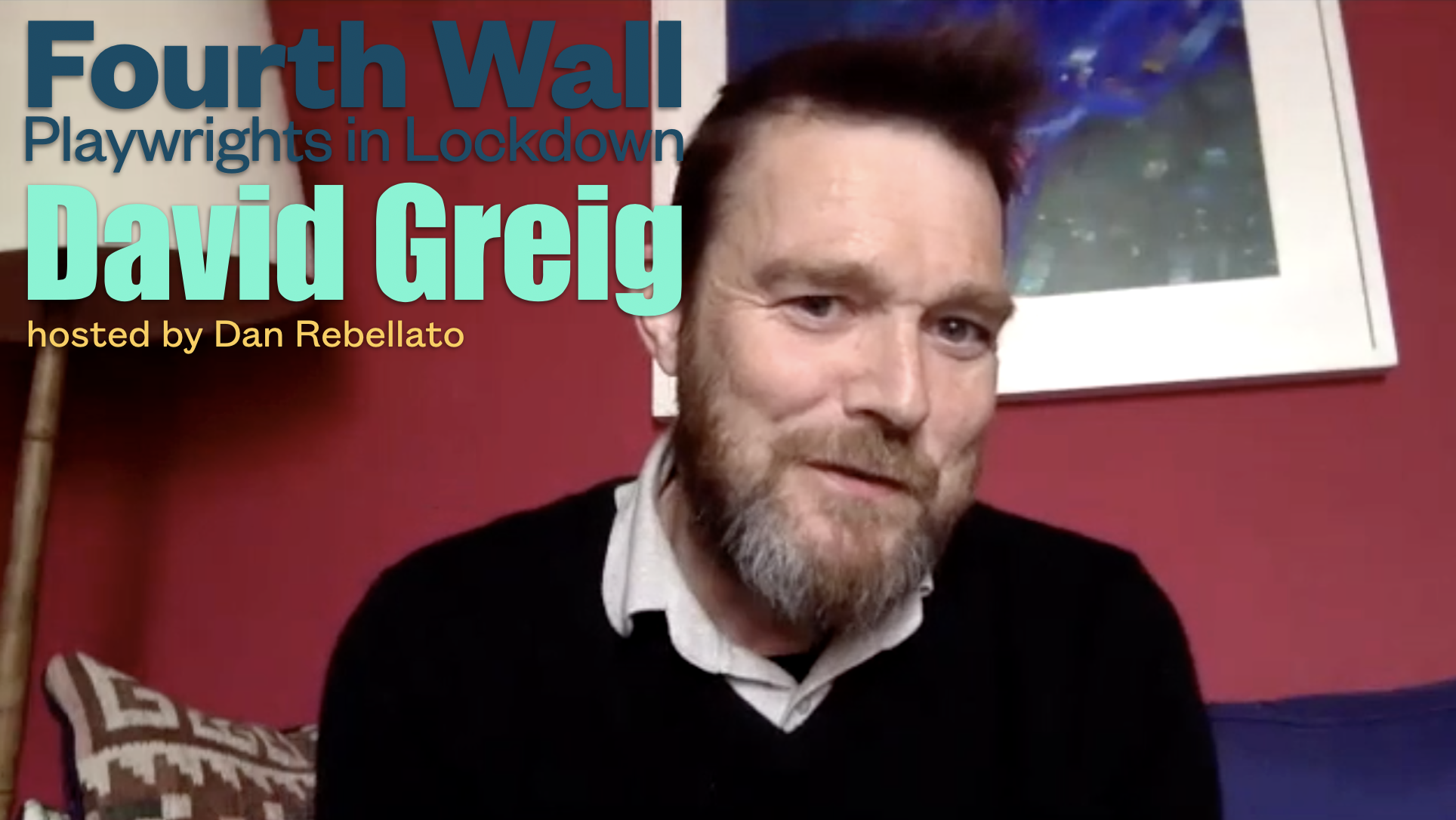


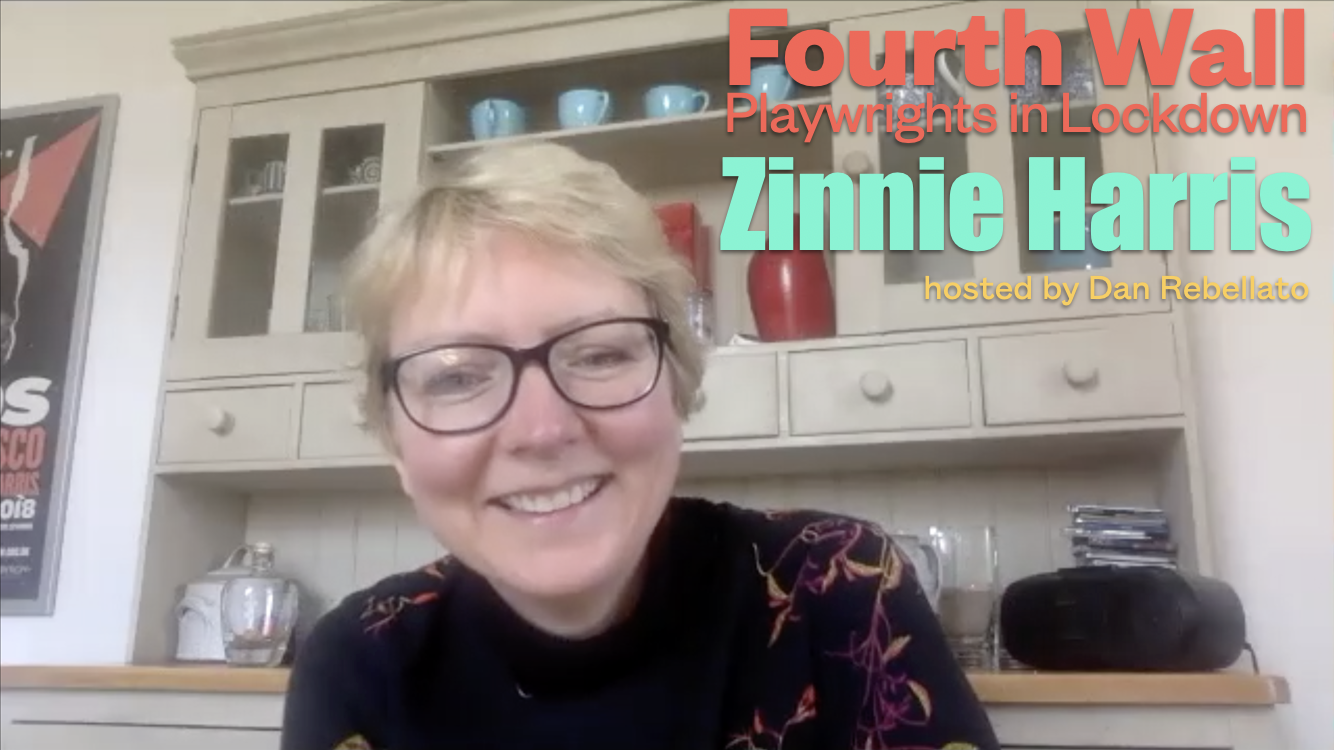
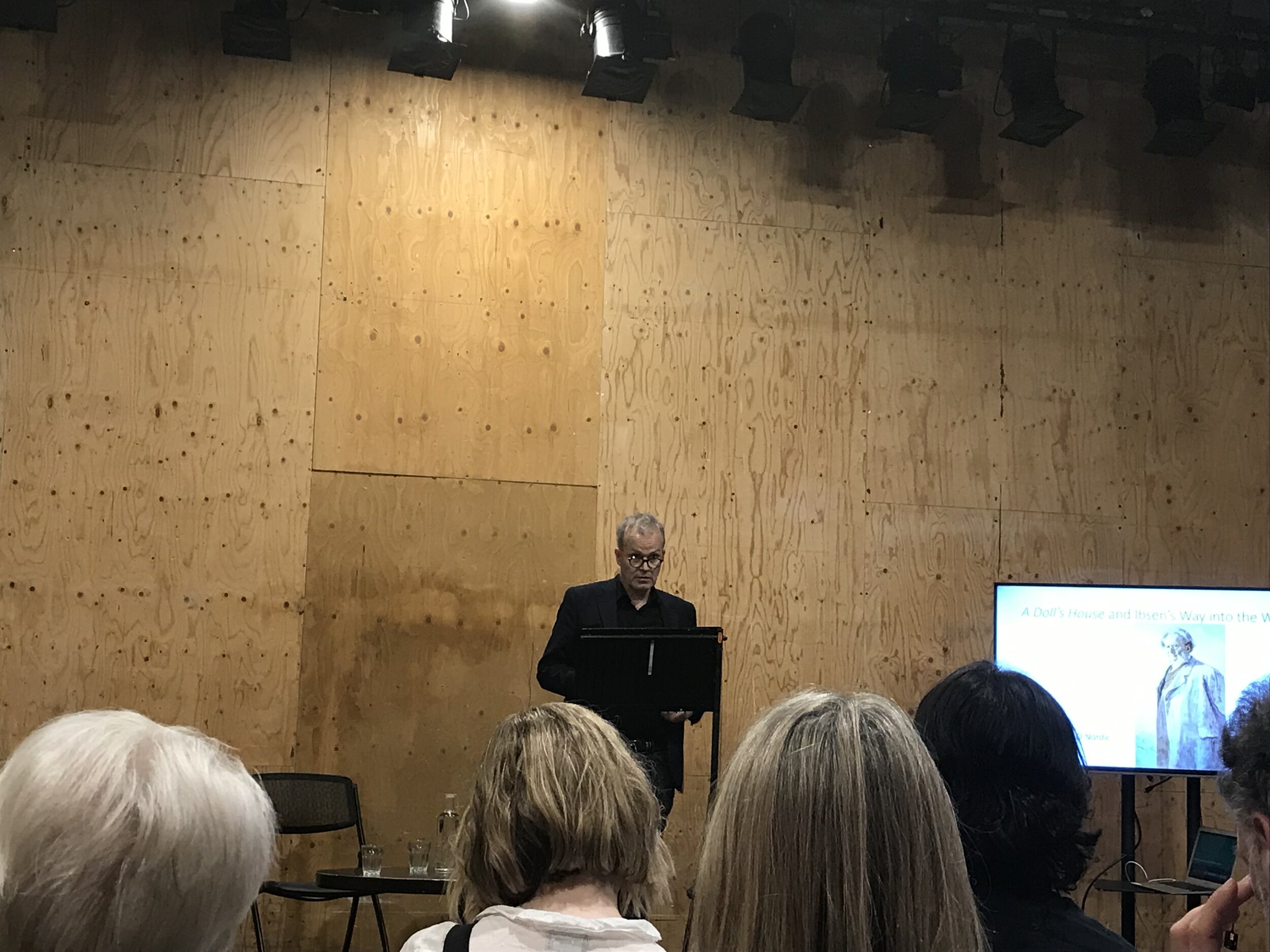
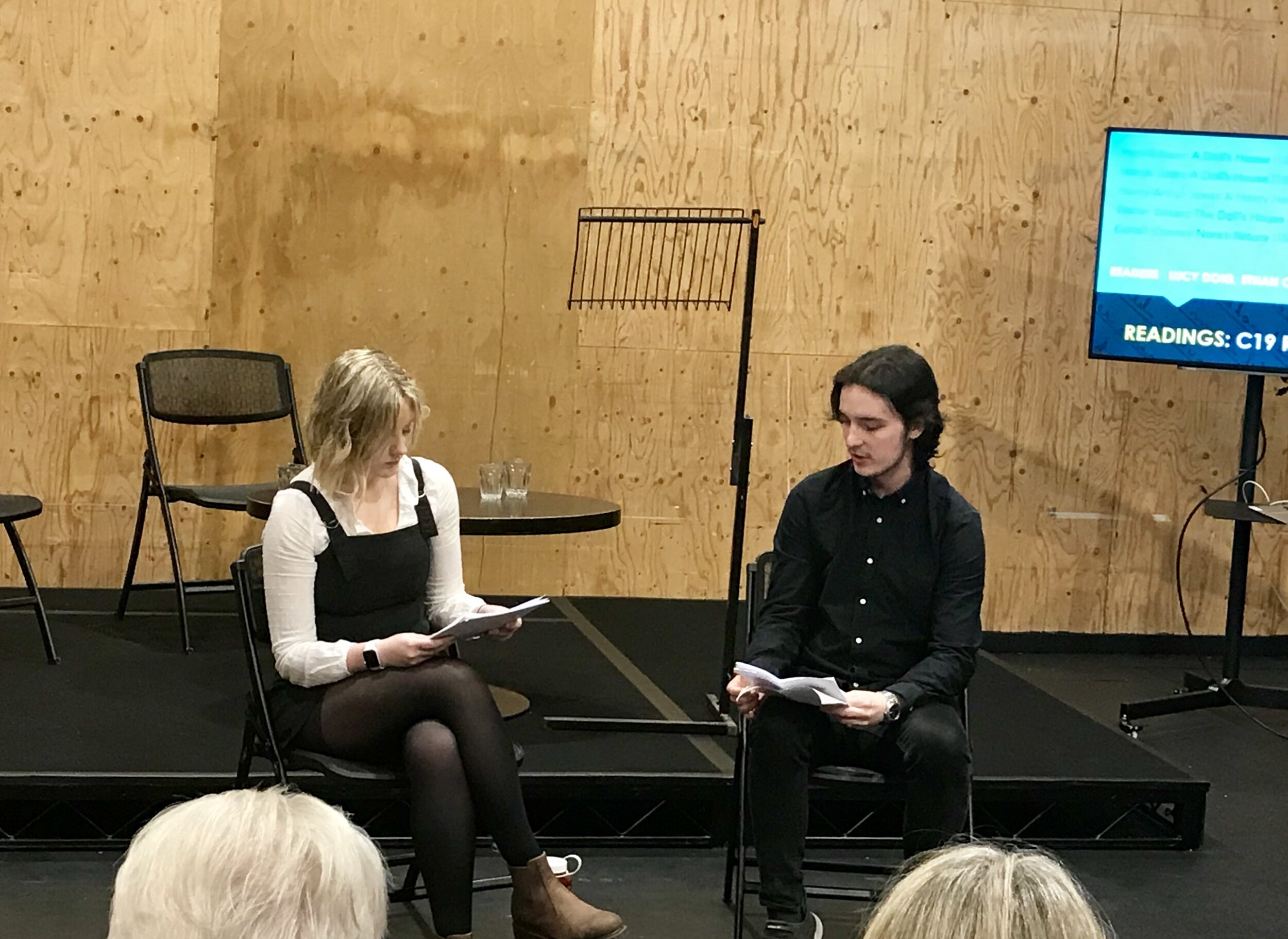
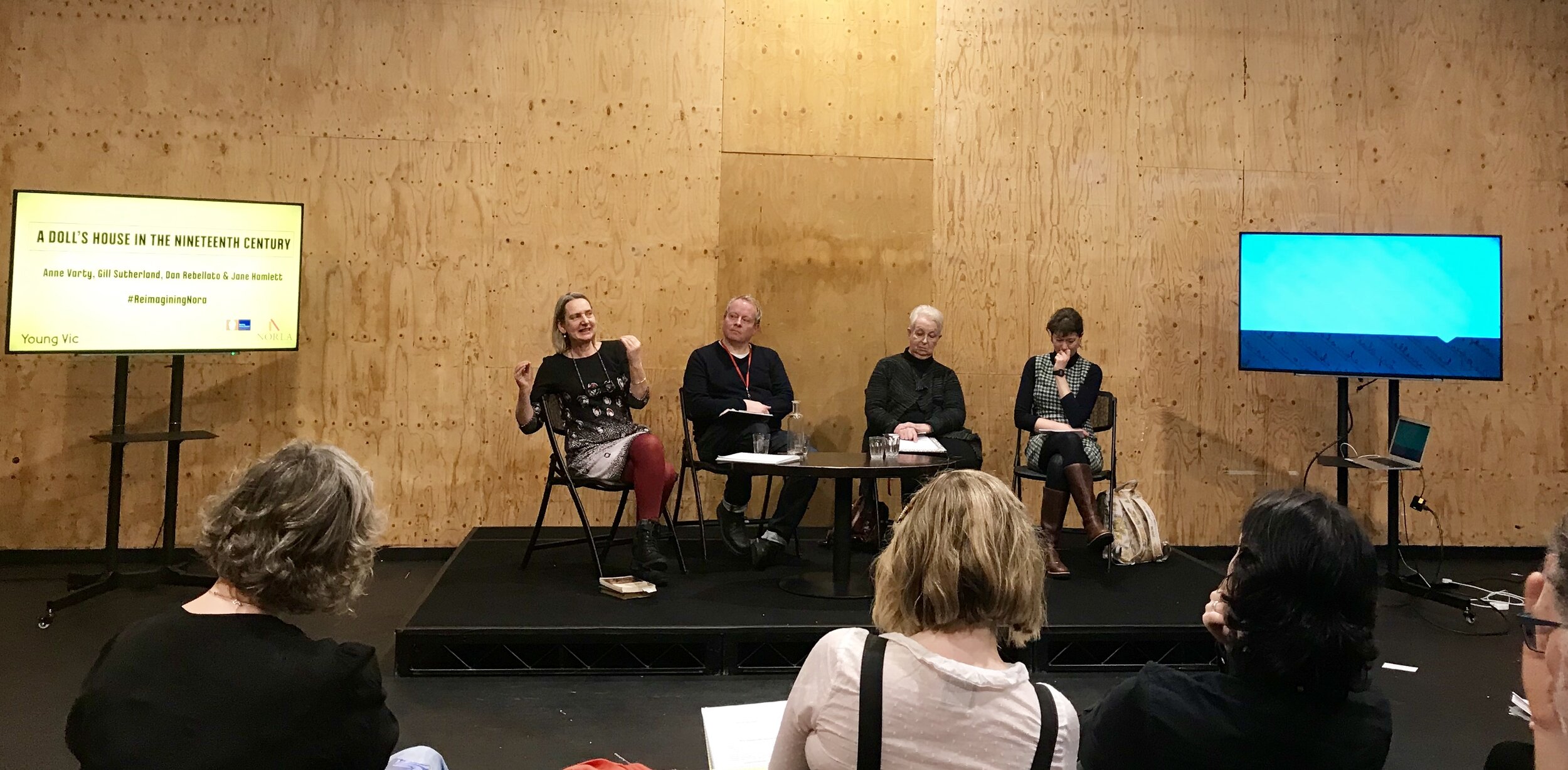
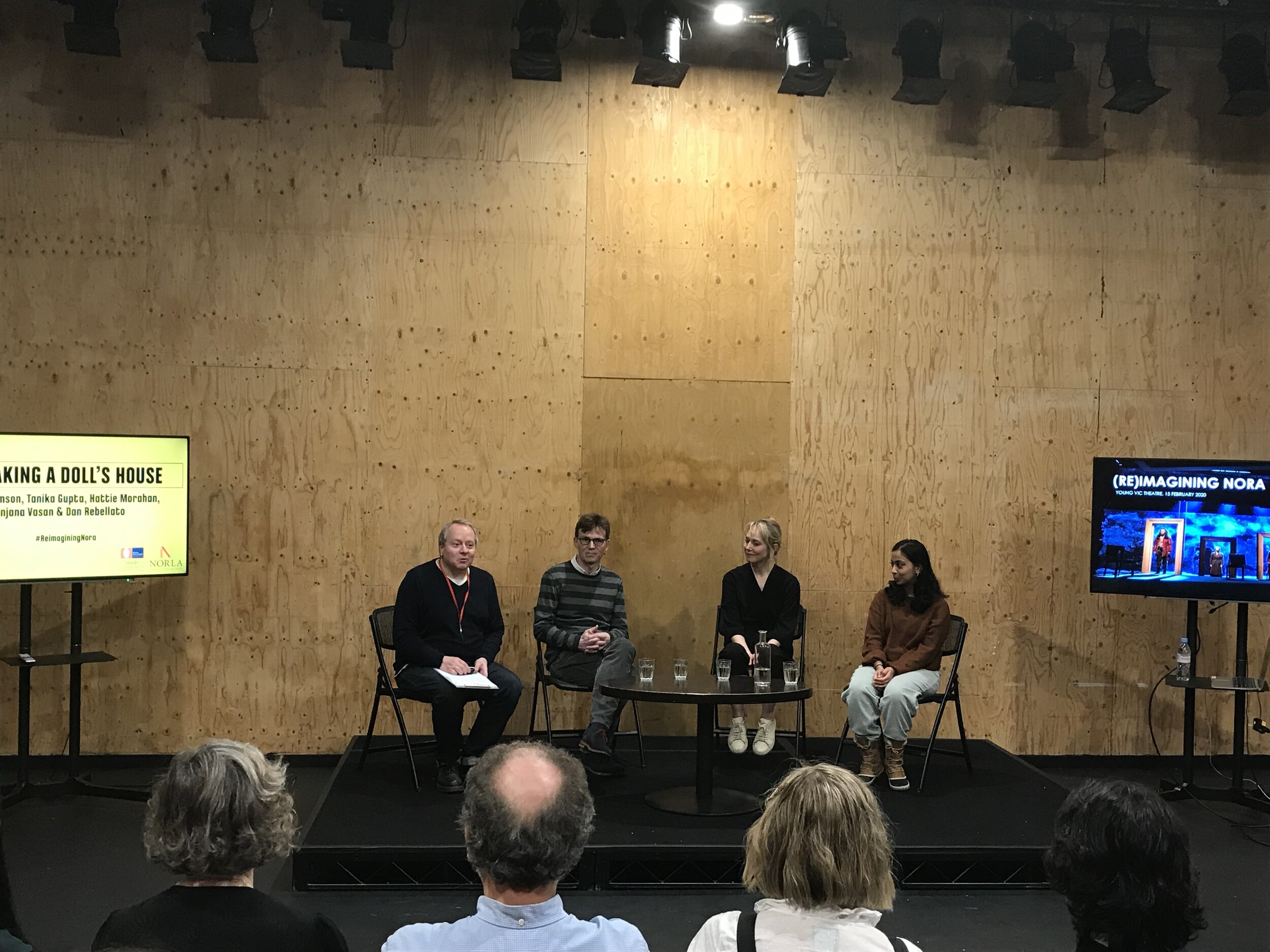
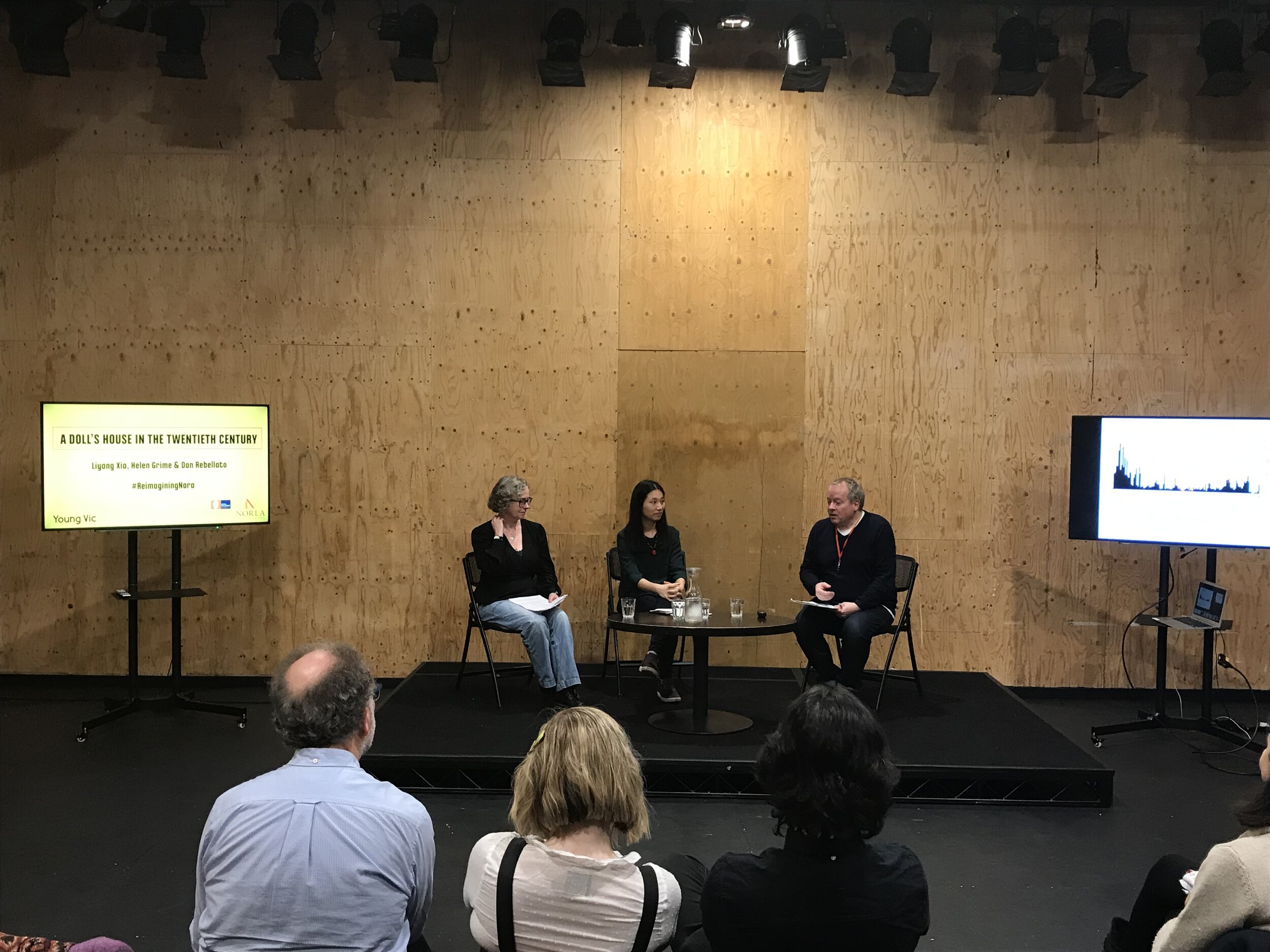
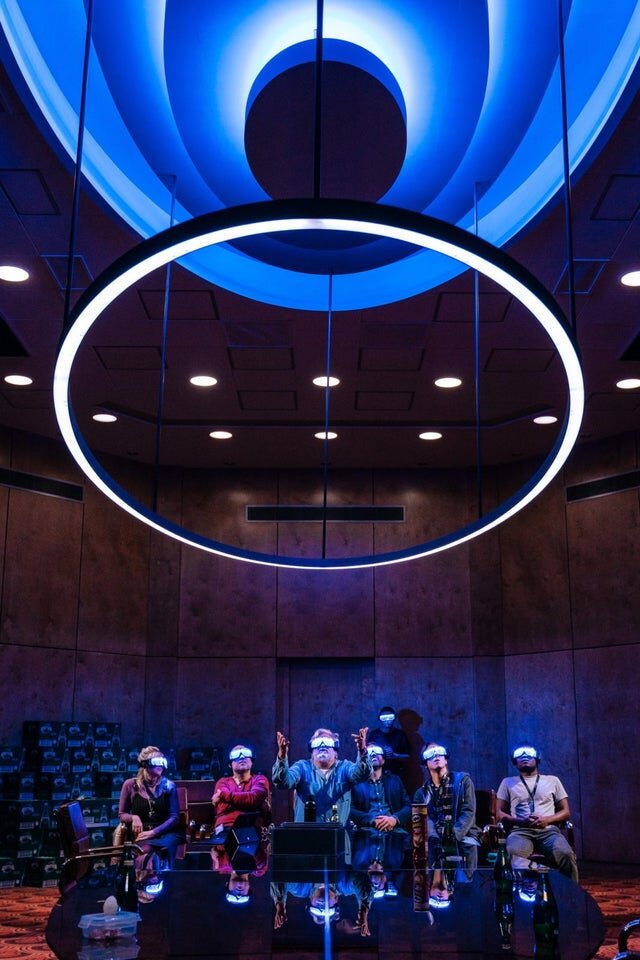



![photo[1].jpg](https://images.squarespace-cdn.com/content/v1/513c543ce4b0abff73bc0a82/1362919072201-PZO854G4SEB794DVOEI8/photo%5B1%5D.jpg)
